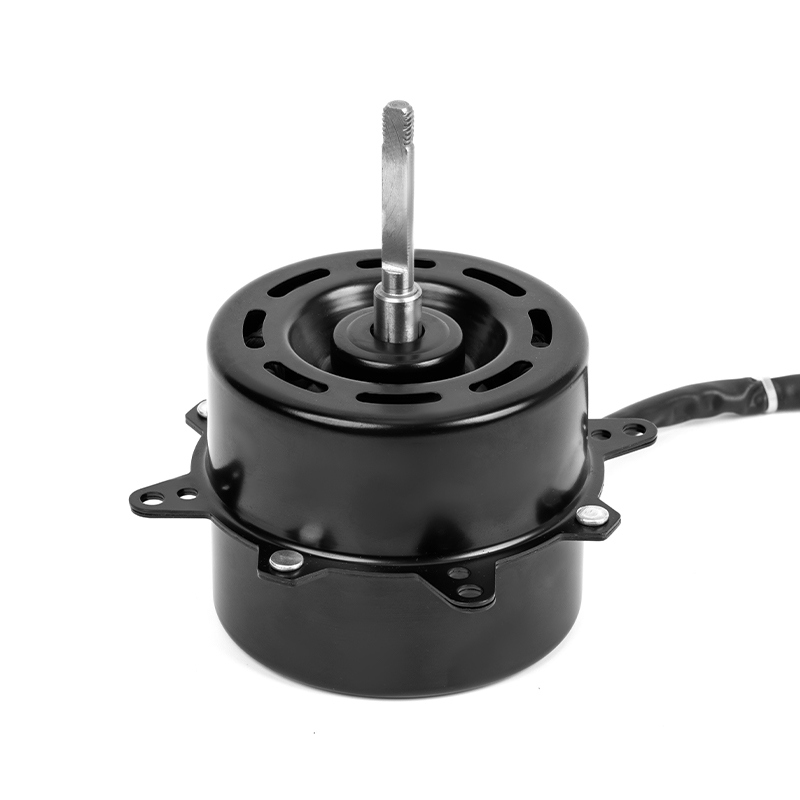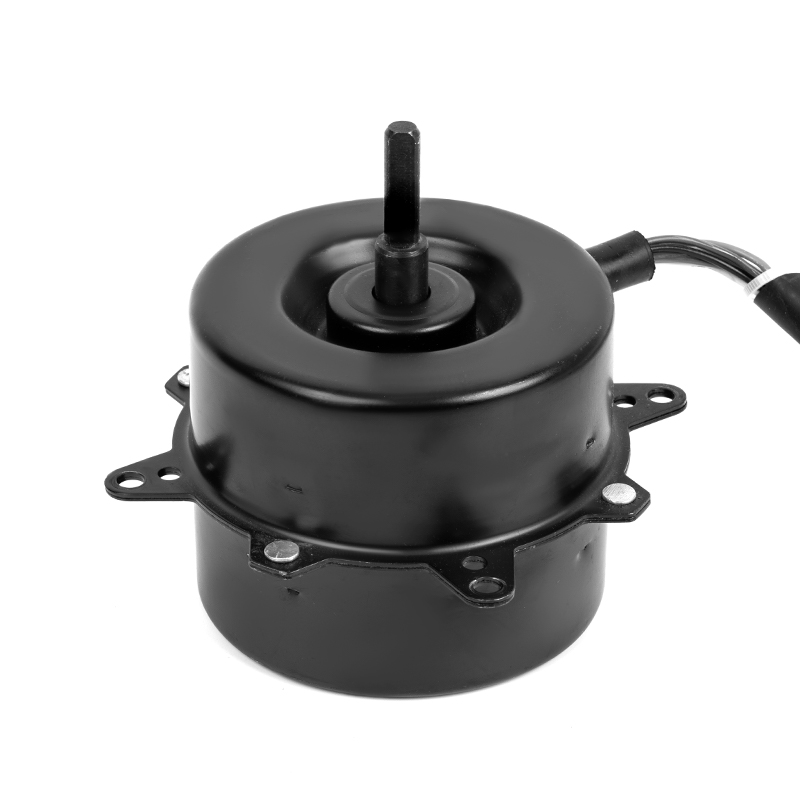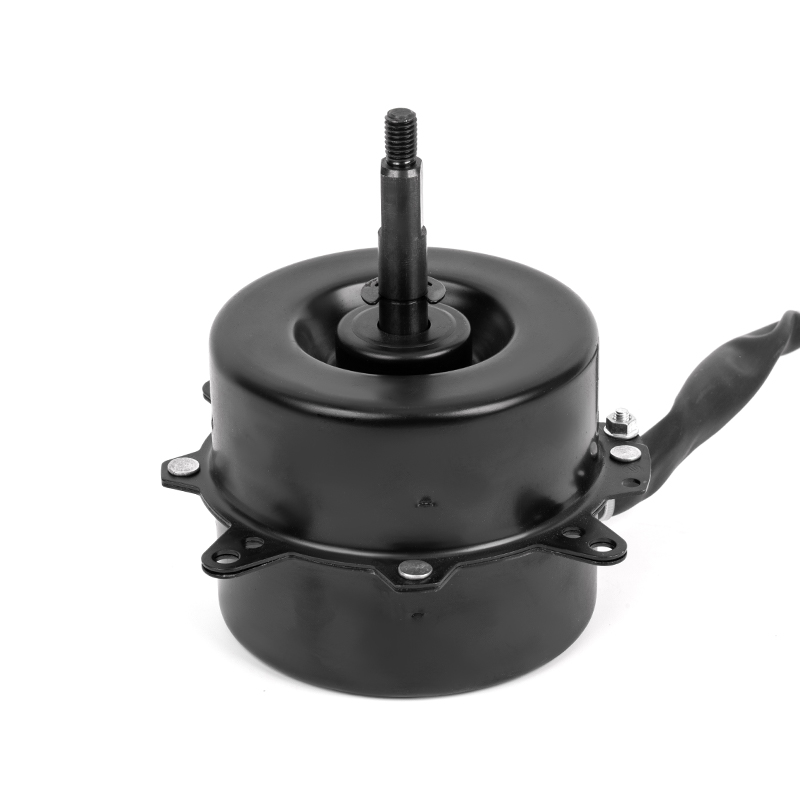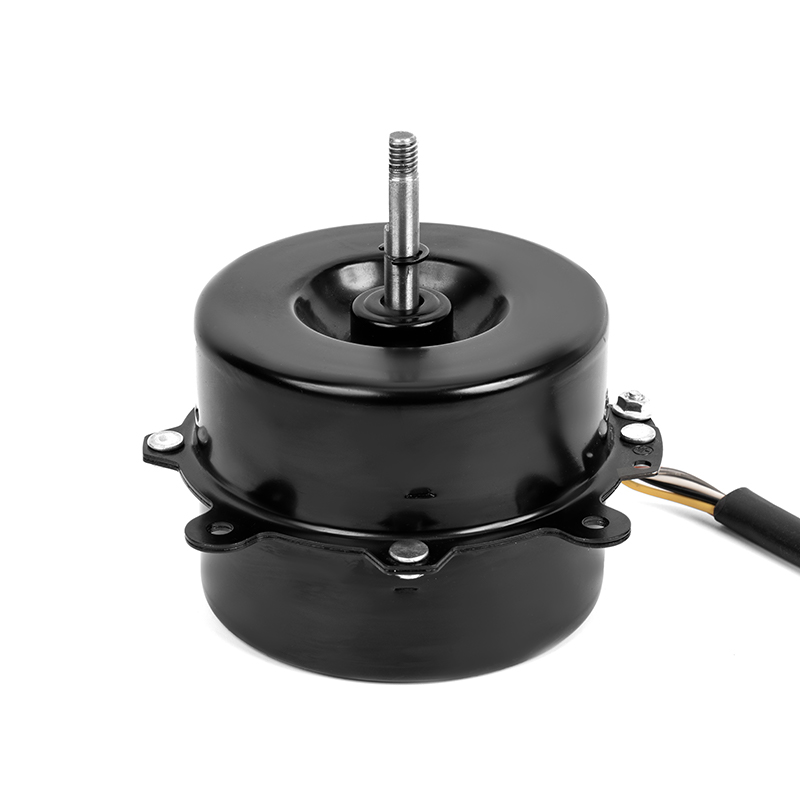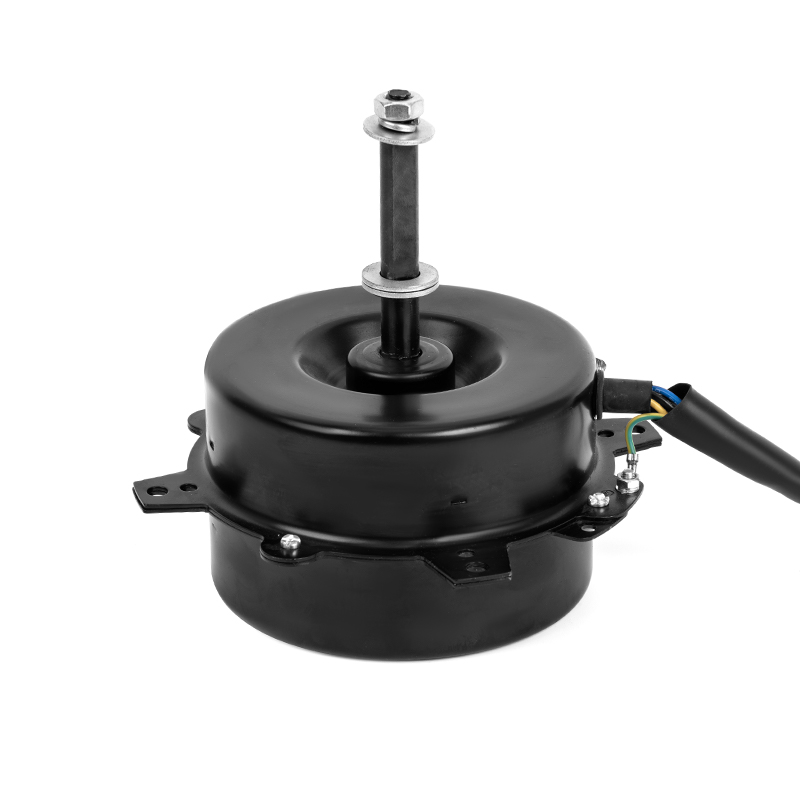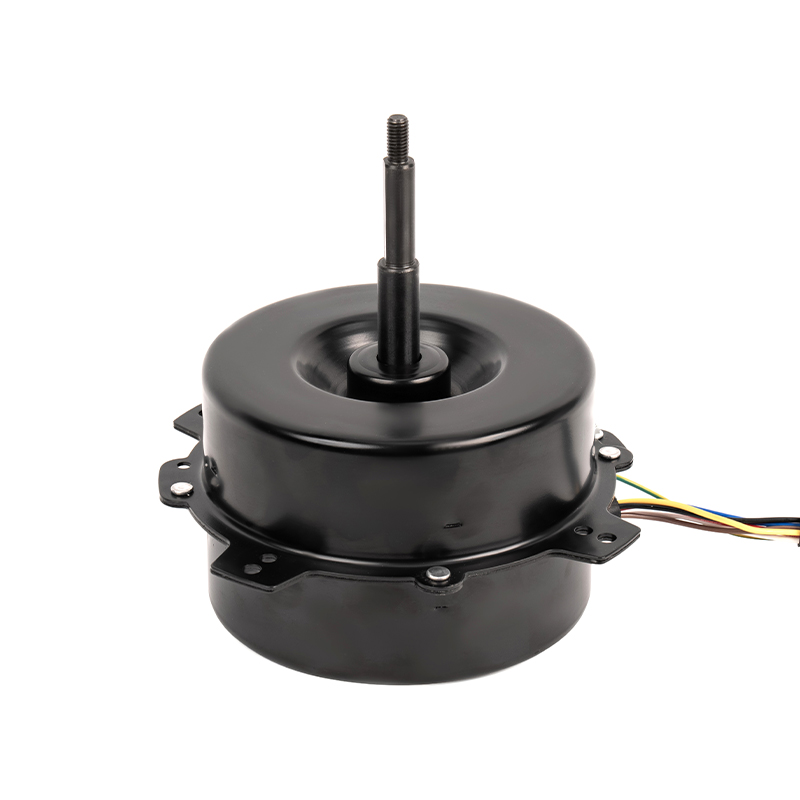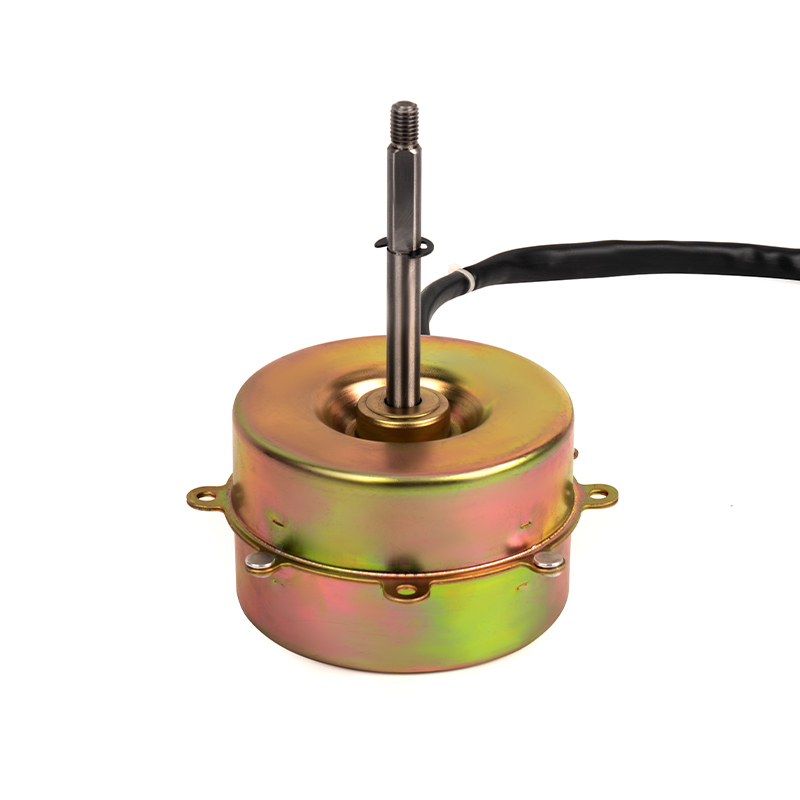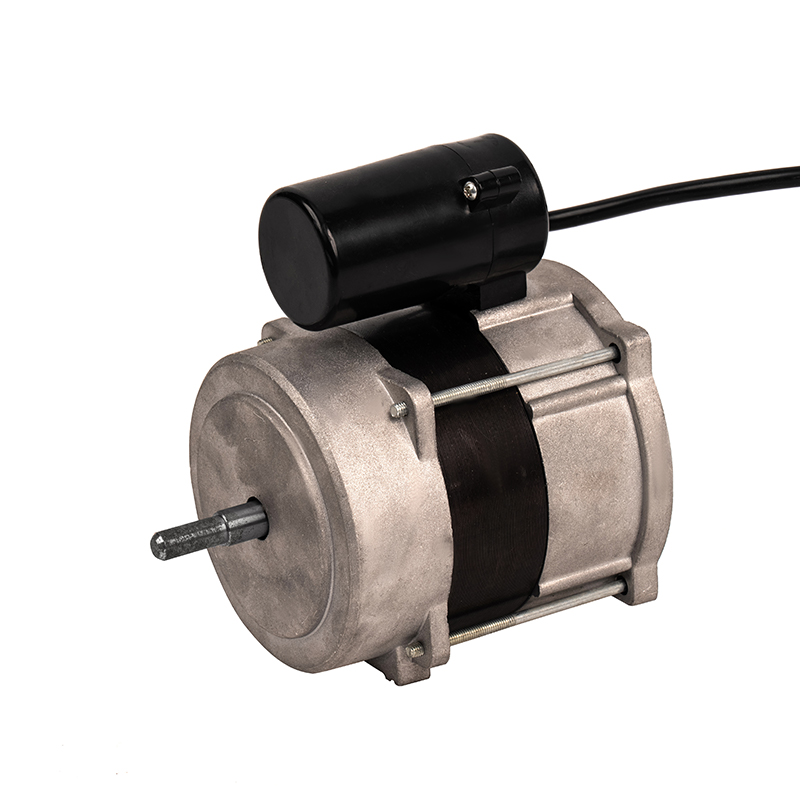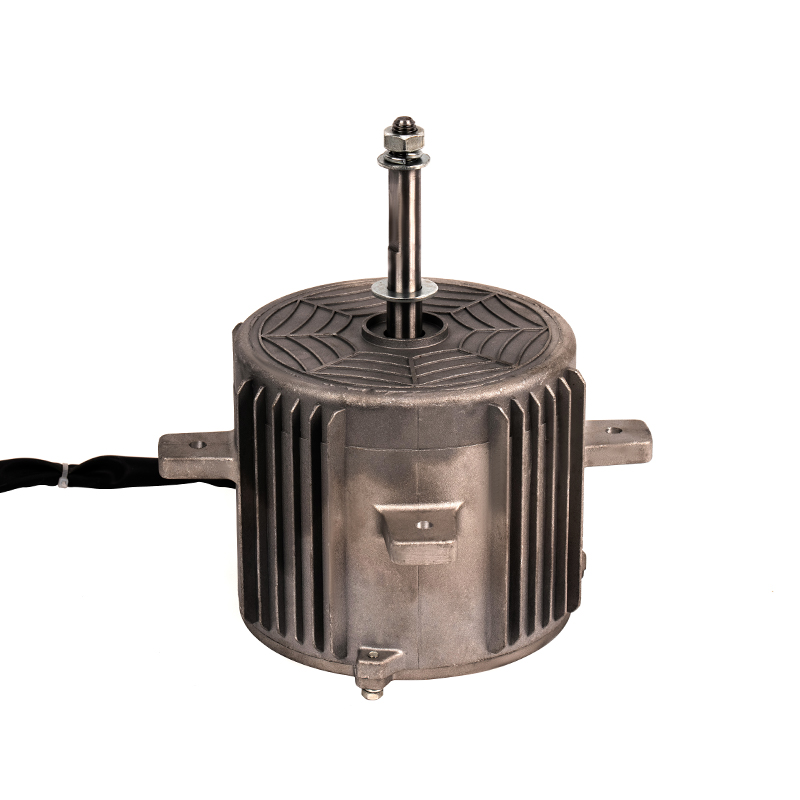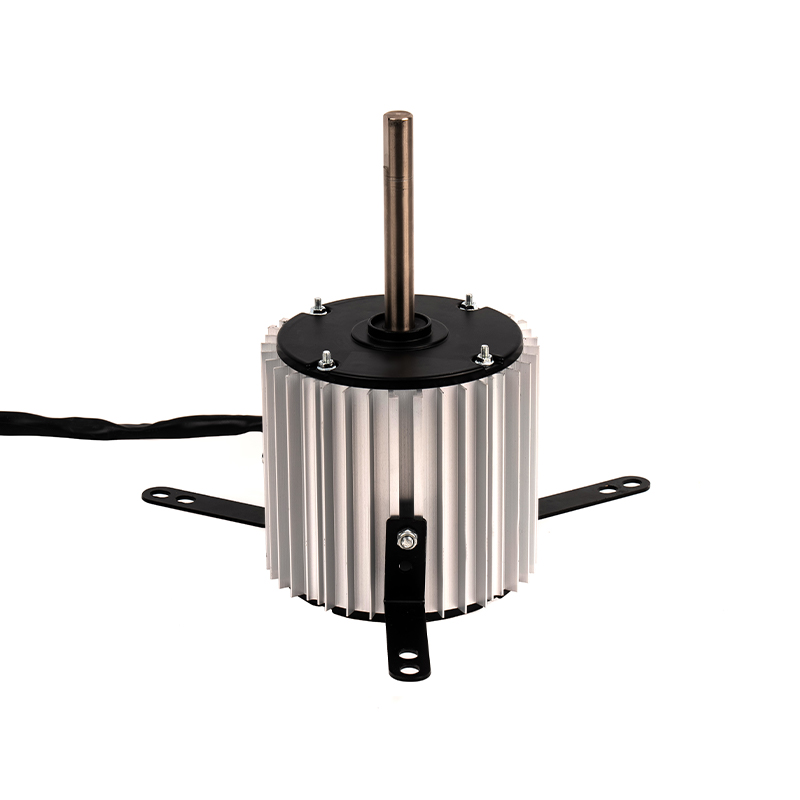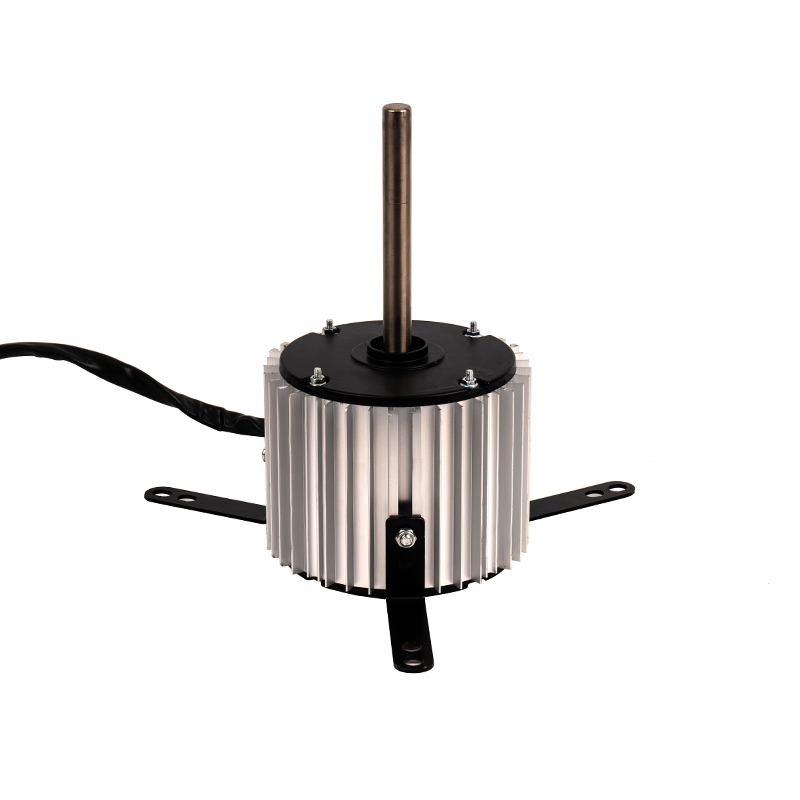Energy Efficiency
-
Lower Power Consumption: One of the standout features of Range Hood DC Motor is its remarkable energy efficiency. DC motors operate with far greater precision than their AC counterparts. They are designed to adjust their power consumption according to the specific needs of the task at hand. This means that the motor only uses the energy it requires to perform effectively, without the constant drain seen in AC motors, which typically run at a set power level, regardless of cooking conditions. The variable speed control enables the motor to operate at lower speeds during light cooking or idle periods, while still providing high power during demanding tasks, such as grilling or frying. This dynamic power control reduces overall energy consumption, allowing homeowners to save energy and reduce their electricity bills. As a result, the carbon emissions linked to the range hood’s operation are significantly minimized.
-
Efficiency at Variable Speeds: Unlike AC motors, which often operate at a constant speed and waste energy, the DC motor’s ability to change its speed based on real-time conditions further enhances energy efficiency. In practical terms, this means that the motor adapts to different cooking intensities, providing just enough power to maintain air quality without unnecessary energy consumption. This tailored operation ensures that the system is always working at optimal efficiency, avoiding energy waste from overperformance.
Reduced Emissions
-
Lower Carbon Emissions: By using less electricity, the Range Hood DC Motor directly contributes to a reduction in carbon emissions. Electricity generation is still heavily dependent on fossil fuels in many regions, and using less energy reduces the demand for power from coal and gas-fired plants. The more energy-efficient the appliance, the less electricity is required, which decreases the overall environmental impact of running the device. This reduction in energy demand plays a critical role in helping to lower the carbon footprint not just in individual households, but across communities. The energy savings from using a DC motor compound over time, contributing to a more sustainable way of running kitchen appliances.
-
Eco-Friendly Benefits: For households powered by renewable energy sources, such as solar or wind, the benefits of reduced electricity consumption from a DC motor are even more significant. The less energy used by the appliance, the less energy needs to be sourced from renewable resources, leading to an even smaller carbon footprint. The use of low-energy, high-efficiency devices like range hoods with DC motors supports the broader effort to reduce global emissions and protect the environment.
Enhanced Airflow Control
-
Smarter Energy Usage: The intelligent airflow management provided by a Range Hood DC Motor allows for greater control over energy use. By sensing the level of smoke, steam, or odor in the kitchen, the motor can adjust speed accordingly. For instance, during light cooking activities such as boiling or simmering, the motor operates at a lower speed, conserving energy while still effectively managing air quality. When there’s more intense cooking activity, such as stir-frying or searing, the motor ramps up to a higher speed to clear smoke and odors. This demand-based operation allows the range hood to avoid running at full power unnecessarily, thus reducing unneeded energy consumption and lowering the overall environmental impact.
-
Efficient Air Extraction: Range hoods with DC motors are designed to optimize airflow efficiency by extracting the exact amount of air required to clear smoke, steam, and cooking odors. Traditional motors often operate at maximum speed, regardless of how much air needs to be filtered. In contrast, DC motors are more responsive to changes in air quality, providing a more targeted extraction. This translates into less energy usage and ensures that energy is only consumed when the air extraction needs are high, leading to an overall reduction in carbon emissions.
Longer Lifespan and Reduced Waste
-
Durability and Longevity: DC motors are designed with more advanced materials and engineering techniques that allow them to last longer than traditional AC motors. DC motors are generally less prone to wear and tear, which means they do not require frequent replacements. This durability results in a reduction in waste—both in terms of physical product disposal and the energy involved in manufacturing and shipping new motors. The longer operational life of the motor reduces the need for replacement parts, minimizing the resources used to produce, transport, and dispose of these parts.
-
Reduced Need for Repairs: Since DC motors require less maintenance due to their advanced technology and lower wear rates, the likelihood of mechanical failures is lower compared to traditional motors. This means that less energy and resources are spent on repairs or replacements, contributing to a reduced ecological impact. The lower maintenance demands of a DC motor range hood make it a more sustainable investment, ensuring that the product remains functional and efficient for a longer period, ultimately reducing its environmental footprint.
Smart Integration and Reduced Energy Consumption
-
Smart Features for Energy Efficiency: Many range hoods with DC motors come equipped with smart technology that integrates seamlessly into modern smart home systems. These systems allow users to monitor and optimize energy consumption, ensuring that the motor only runs when it’s truly needed. Features like automated adjustments based on cooking activity or app-based control for the fan’s speed settings can further optimize energy use, preventing unnecessary operation and maximizing efficiency. This remote control and intelligent operation not only improve the user experience but also contribute to better energy management and reduced carbon emissions.
-
Energy Monitoring Systems: Some models come with real-time monitoring systems that provide feedback on energy consumption, allowing users to track and reduce their electricity use over time. This constant feedback loop helps users make informed decisions about their energy consumption, such as when to reduce fan speed or turn the range hood off entirely, which helps them lower their carbon footprint.



 English
English عربى
عربى ++86 13524608688
++86 13524608688